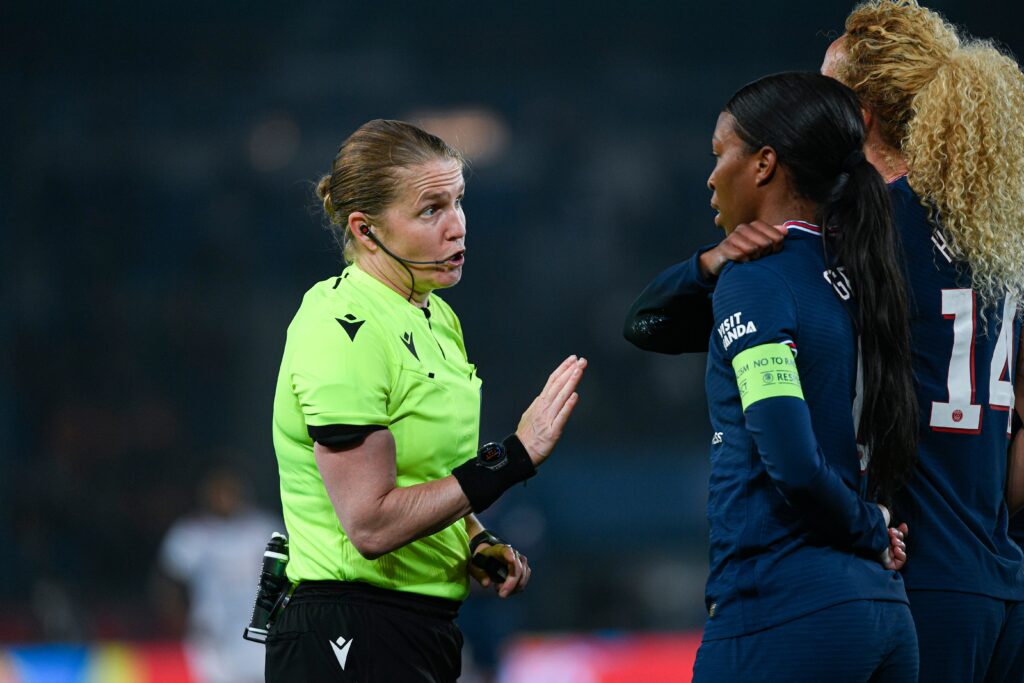As a new season beckons and many officials, or the leagues they referee in, have been reclassified, its a good time to explore: What qualities characterise an effective leader or official?
If you were to list the qualities of an effective refereeing team leader, you would probably include:
- Having positive communication skills with colleagues and club officials.
- Putting the goals of the officiating team ahead of personal goals.
- Lifting colleagues up instead of putting other referees down.
- Being a steadying force and positive example for colleagues.
- Understanding the needs and concerns of the officiating team.
Many times, our idea of how a refereeing team leader should act doesn’t match the attitude or behaviours of the officials leader.
Case Example
See if you can identify with this experience. At the beginning of the season, a referee is promoted to a level where they’ll work regularly with assistants from now onwards.
In previous years, this official worked hard and exhibited some positive leadership skills. This referee was a well-respected member of the officiating teams he was a part of and a sound candidate for promotion to regular middles with assistants.
Unfortunately, things changed when this referee was promoted to a level where they work regularly with assistants. Instead of working hard, the official started to slacken off whilst getting onto the backs of colleagues for lack of effort.
Positive communication was replaced with talking about colleagues behind their backs. The referee pointed fingers at other officials for poor performances whilst taking no level of personal responsibility.
The effect of a demeaning or power-hungry official is divisiveness. Without effective leadership, team cohesion suffers, as well as the overall effort of the team. referees become angry with bossy colleagues, and the performance of the officiating team declines.
The problem is not with the team, but the leadership style of the referee leading it. Instead of fostering team unity, the dictatorial leadership style of the official leading it, can divide team members.
The key to being a positive and effective officiating team leader is putting the team first. A good leader brings the team closer together around a common objective, usually to deliver the game safely and successfully.
Understanding your role as a refereeing team leader can help a team achieve its ultimate goal while assisting individual officials to reach their potential.
A leader is a position of honour where you care about each colleague as well as the team collectively.
Being an Effective Officiating Team Leader
An effective leader is a good communicator. Dialogue is more conducive to team success than a monologue.
Try scheduling some informal meetings with your team. Listen to the concerns and suggestions of your colleagues and present those issues to your referee coach/manager.
Additionally, you can learn how to become a better leader by reading further articles and working to develop effective leadership skills.
At The Third Team I work individually and in collaboration with different professionals where I have developed workshops and 1-2-1 sessions associated with Resilience and Mental Toughness Development to help referees. The workshops and 1-2-1 sessions are interactive, where referees are encouraged to open up and share their experiences to help themselves and each other.
Feel free to contact me if you’d like to know more about my workshops or 1-2-1 sessions and how I could help you or your officials.
Best Wishes,

Nathan Sherratt
Referee Educator & Managing Director of The Third Team

Nathan Sherratt
Nathan Sherratt, Referee Educator, Resilience Trainer and Managing Director of The Third Team. A Mental Toughness Practitioner based in County Durham, North East England.

